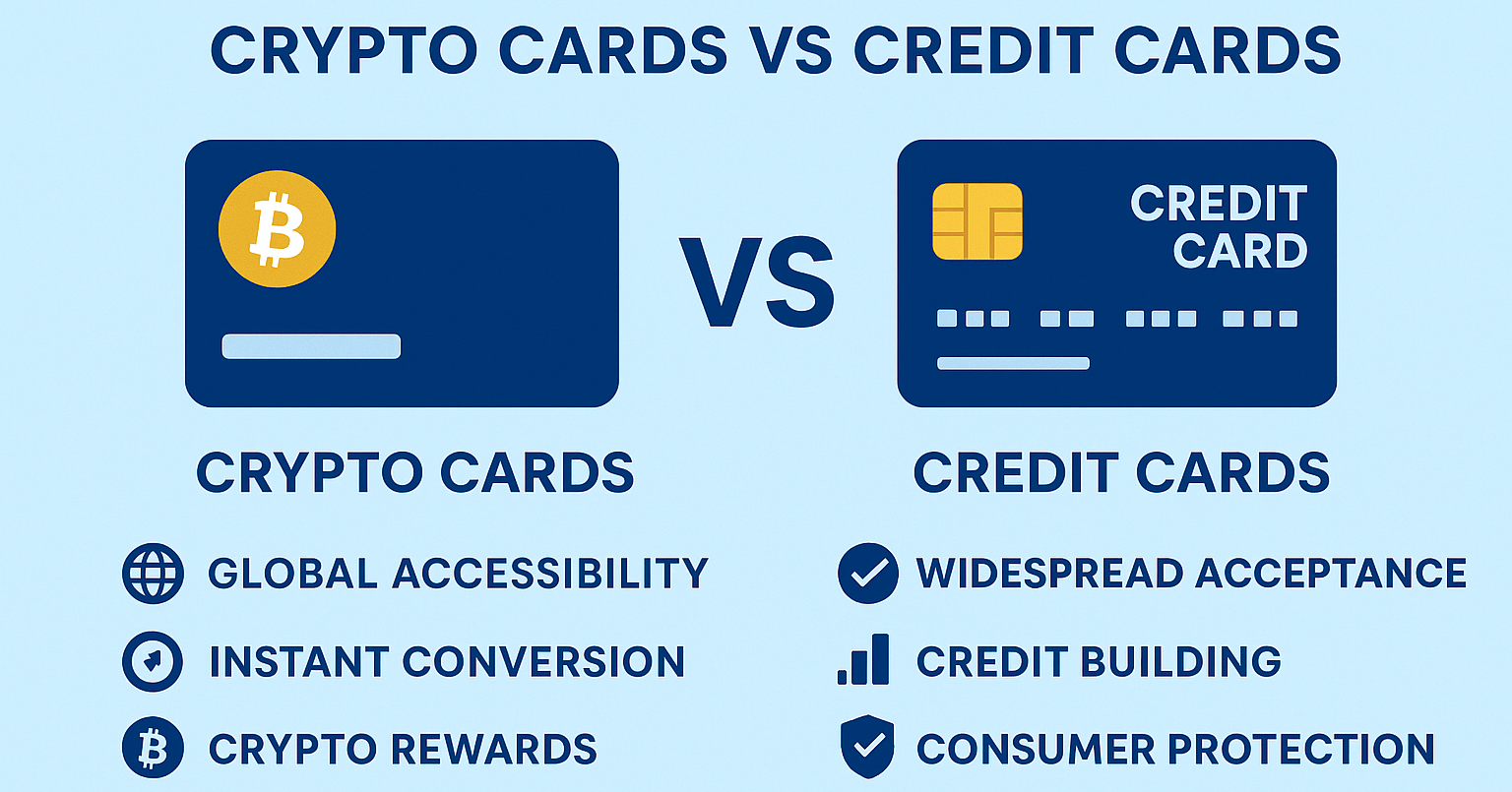Introduction
Cryptocurrency adoption in Nigeria has soared over the past decade, transforming the nation into one of the world’s foremost crypto markets. Driven by economic necessity, rapid fintech innovation, and a young, tech-savvy population, digital assets are now central to Nigeria’s financial landscape.chainup+1
The Drivers Behind Nigeria’s Crypto Surge
Economic Realities and Financial Innovation
Multiple factors have fueled Nigeria’s gravitational pull towards cryptocurrencies:
-
Inflation and Currency Instability: With high inflation rates and a depreciating naira, millions of Nigerians seek refuge in digital assets for stability and to preserve their wealth.breet+1
-
Financial Exclusion: Limited access to traditional banking channels leaves many Nigerians underserved, making crypto an attractive alternative for payments, savings, and remittances.practiceguides.chambers+1
-
Youthful Demographics: Over half of Nigerian crypto investors are under age 30, reflecting the nation’s youthful embrace of technology and innovation.breet
-
Peer-to-Peer (P2P) Adoption: Nigerians have pioneered P2P trading, bypassing banking restrictions to access global crypto markets. Between July 2023 and June 2024, Nigeria processed about $59 billion in crypto transactions, making it the world’s No. 2 country for adoption, second only to India.chainalysis+1
Regulatory Evolution: From Ban to Embrace
A New Legal Framework
The regulatory landscape for crypto in Nigeria shifted dramatically in recent years:
-
End of Crypto Banking Ban: In late 2023, the Central Bank of Nigeria lifted its ban on banks servicing crypto businesses, allowing exchanges to operate officially and spurring further institutional investment.chainup+1
-
Legislation: The Investments and Securities Act (ISA 2025) recognized digital assets as securities, providing clarity and encouraging new entrants into the space.business.cornell+1
-
Innovation in Digital Payments: The Nigeria Inter-Bank Settlement System partnered with blockchain networks to modernize settlements, while the launch of the cNGN, the country’s first stablecoin, reinforced legitimacy and spurred adoption.elibrary.imf
The Reality of Crypto Adoption Today
Widespread Retail and Institutional Use
Crypto use in Nigeria has moved from the fringes to the mainstream:
-
Mass Adoption: By 2025, around 22 million Nigerians—over 10% of the national population—held cryptocurrencies, a rise from just 0.4% ten years earlier.triple-a+1
-
Strong Retail Focus: 85% of crypto transactions were retail-sized (under $1 million), proving broad grassroots participation rather than dominance by large institutions.chainalysis+1
-
Stablecoins as a Safe Haven: Stablecoins, especially USDT, comprise 43% of small-value crypto trades, acting as a hedge against naira volatility.statista+1
-
Projected Growth: Nigeria’s cryptocurrency market is projected to reach $2.4 billion in revenue in 2025, with user numbers expected to escalate to nearly 29 million by 2026.statista+1
Conclusion
Nigeria’s rapid adoption of cryptocurrencies is reshaping financial interactions, improving access, fueling entrepreneurship, and providing economic resilience in uncertain times. The country is now Africa’s undisputed crypto hub, with robust regulatory reforms and a thriving ecosystem setting a precedent for digital transformation on the continent.practiceguides.chambers+2












3 comments
The surge of cryptocurrency since adoption in African country is surprising. The article highlighted the reasons which are main players in any financial flow anyways.
Thanks
Love it… <3